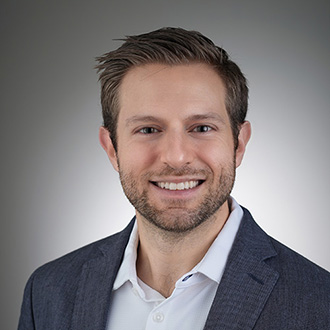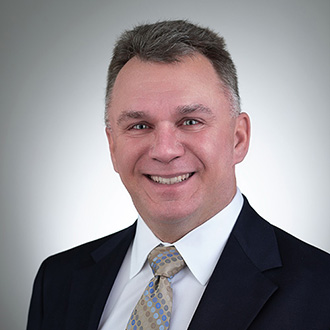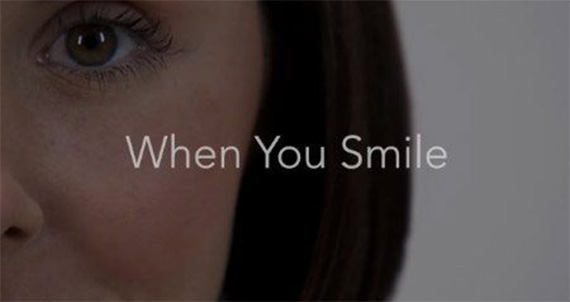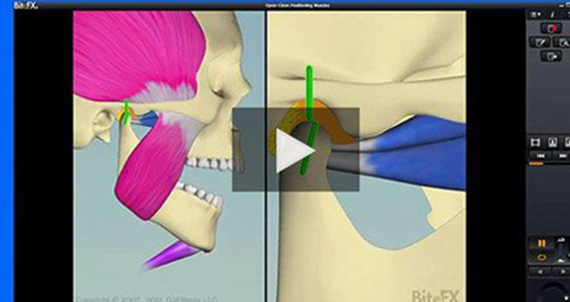Who Diagnoses TMD?
Do you find yourself waking up in the morning with a headache? Does it hurt to yawn or to chew tough foods? Have you noticed clicking, grinding, popping, or crunching in your jaw joint? If you are experiencing one or more of these symptoms, you may be wondering what to do next. While many people have heard of temporomandibular joint disorder (TMD or sometimes TMJ), not many people know where to go to have it diagnosed.

After all, it is a common belief that dentists only pay attention to your teeth and gums, while doctors pay attention to the various other body parts. The jaw makes things a bit ambiguous because it lies under your gums and supports your teeth, yet it is also part of the skull. This can be especially confusing if headaches are your main symptom. Not only that, but TMD can cause pain in the ears, temples, neck, and shoulders, which can create further confusion.
Ultimately, while a medical doctor can identify TMD, they will likely refer you to your dentist for an exact diagnosis. In certain cases, you may opt to visit your doctor because your primary complaint is a pain in other areas besides your jaw. If medical treatment hasn’t helped to manage this pain, then you may want to consider visiting a dentist to determine if TMD is the cause.
So, why visit a dentist for a TMD diagnosis?
As part of their education and training, dentists are required to have an extensive understanding of the anatomical structures in and around the mouth. As a result, they probably know more about your jaw joint than your medical doctor. They are also aware of the various structures that are attached to the jaw and how these structures can be affected by TMD. Therefore, they can identify pain elsewhere in the body as being caused by a problem with the jaw joint.
How do dentists diagnose TMD?
There is no specific test that can diagnose TMD. Instead, your dentist will ask you about your symptoms, perform an evaluation of your bite, check your jaw joint’s range of motion, and palpate the joint while you open and close. In some cases, panoramic x-rays are taken to look for signs of bone damage or inflammation in the jaw. Based on these things, your dentist will be able to determine if you have TMD.
How do dentists treat TMD?
If your dentist determines you have TMD, they will likely recommend either an occlusal splint or a nightguard. Both are dental appliances that are placed over the entire upper or lower arch of teeth. They are used to protect the teeth and to reposition the jaw so that it can relax while you sleep. Occlusal splints are generally used for those who have TMD or have undergone a full mouth reconstruction. Nightguards, on the other hand, can be used for TMD as well, but are generally used for those who grind or clench their teeth.
If you are experiencing jaw pain, trouble chewing, or pain in other areas such as the head, neck, ear, or shoulders, schedule a consultation with a TMJ dentist. Ultimately, a dentist who has experience treating TMD will be able to not only diagnose your TMD but provide effective treatment as well.
Share this Article
Back to Blog Articles Page












